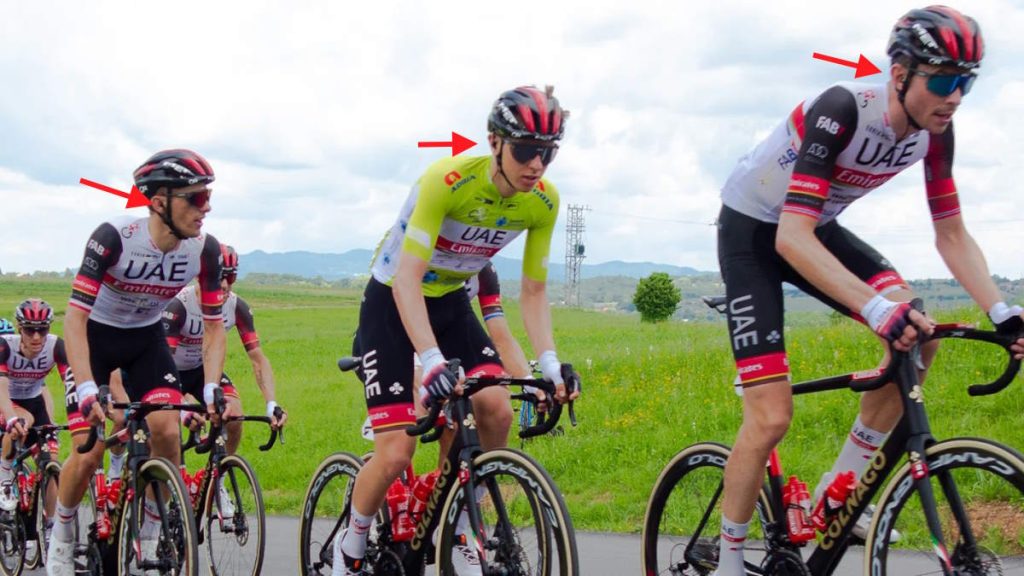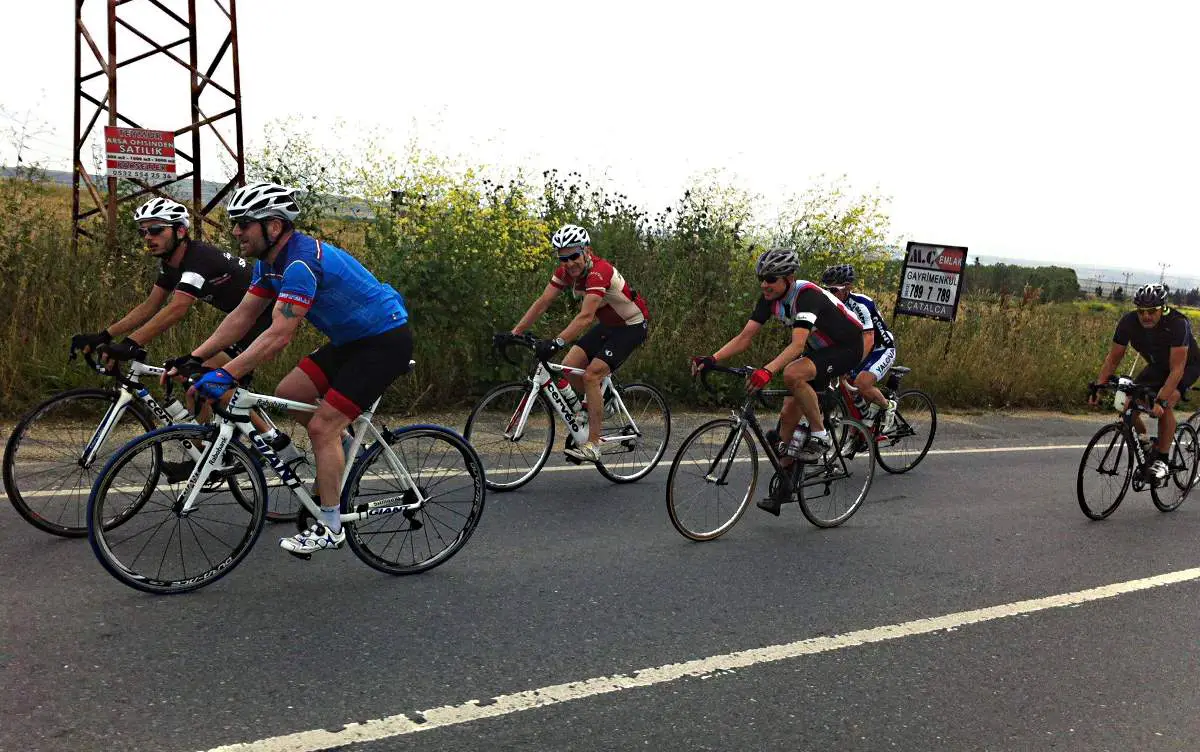No, Tour de France riders cannot listen to music while racing-and for very good reasons. Unlike recreational cycling, professional road racing at the highest level is intensely strategic, dangerous, and requires constant communication. Here’s an in-depth explanation of why music is not allowed in the Tour de France.
Why Can’t Tour de France Riders Listen to Music While Racing?
1. Safety: Road Racing Is Extremely Dangerous
Professional cyclists race at high speeds (often 40-60 km/h), ride in tight packs, and must constantly be aware of:
- Sudden crashes
- Road furniture (traffic islands, curbs, roundabouts)
- Sharp turns and descents
- Changing wind direction
- Sudden attacks or breakaways
Wearing headphones would block critical environmental sounds-like gear shifts, tire noise, team cars, other riders shouting, or spectators encroaching on the road. Just a moment of reduced awareness could lead to catastrophic crashes, not just for one rider, but for an entire peloton.
2. Communication with Team Cars Is Essential
Instead of listening to music, riders wear earpieces connected to team radios. These radios are crucial for:
- Receiving instructions from the sport director in the team car
- Being alerted to crashes, mechanicals, or route hazards
- Getting updates on time gaps, weather, and tactics
- Coordinating lead-outs, breakaways, or chasing strategies
In a race as complex as the Tour de France, real-time strategy can mean the difference between winning and losing. Music would only get in the way.
3. Racing Requires Constant Mental Focus
Riding in a Grand Tour is not just physically exhausting-it’s also mentally demanding:
- Riders constantly monitor positioning, pacing, and effort.
- They must respond instantly to attacks or terrain changes.
- They are always calculating how much energy to conserve or burn.
Music could be a dangerous distraction. Even a moment of zoning out could result in missing a key move, losing a wheel, or even crashing.

4. UCI Rules and Regulations Prohibit It
UCI Regulations Only Allow Team Communication-Not Music.
According to Appendix 1, Article 2.2.024 of the UCI regulations, riders are strictly prohibited from using any remote communication devices during races, except for approved team radios under specific conditions. These conditions include:
- The event must be part of the Men’s UCI WorldTour, ProSeries, or Class 1 calendar (like the Tour de France).
- Only secure communication systems (earpieces) are allowed.
- These devices are limited to communication between riders and their own sports director, and among teammates.
- Devices must operate within race boundaries, and cannot exceed 5 watts of power.
This system exists solely to aid in race strategy and rider safety-not entertainment.
So while riders wear earpieces, they’re used exclusively for tactical communication, not to play music or podcasts.tain categories of races).
Conclusion: Music Has No Place in the Race
The Tour de France is not just a bike ride-it’s a tactical, high-risk, team-based sport happening at incredible speeds. Riders need full situational awareness, real-time coaching, and unbroken focus.
In such a high-stakes environment, music would be a distraction-and a potentially dangerous one. That’s why Tour de France riders are not allowed to listen to music while racing.
Group Rides Are Not for Playlists: Why Music Is a Hazard on the Road
Even on a relaxed group ride, listening to music through headphones can be dangerous-not just for you, but for everyone around you. Group cycling depends on awareness, communication, and trust. Riders need to:
- Hear verbal cues like “car back,” “slowing,” or “gravel ahead”.
- Respond quickly to changes in pace, direction, or unexpected hazards.
- Stay alert to passing vehicles, dogs, pedestrians, or mechanical problems.
Wearing headphones isolates you from your environment, dulling your ability to react to warnings, shouts, or subtle bike noises that signal trouble. It also creates a false sense of solitude in a dynamic, shared space.
Even if you’re a confident rider, your inattention can cause:
- Sudden braking or swerving
- Overlapping wheels
- Chain reactions and pileups
In a group, you’re not just riding for yourself-you’re riding for everyone’s safety.

Related: Group Riding Tips
- UCI Elite Men Road Race World Champions: The Complete List [1927-2025] - September 28, 2025
- What Is Zone 2 In Cycling? - September 12, 2025
- The Turkish Flag at the Tour de France: Who’s Waving It at the Finish Line? - July 30, 2025

